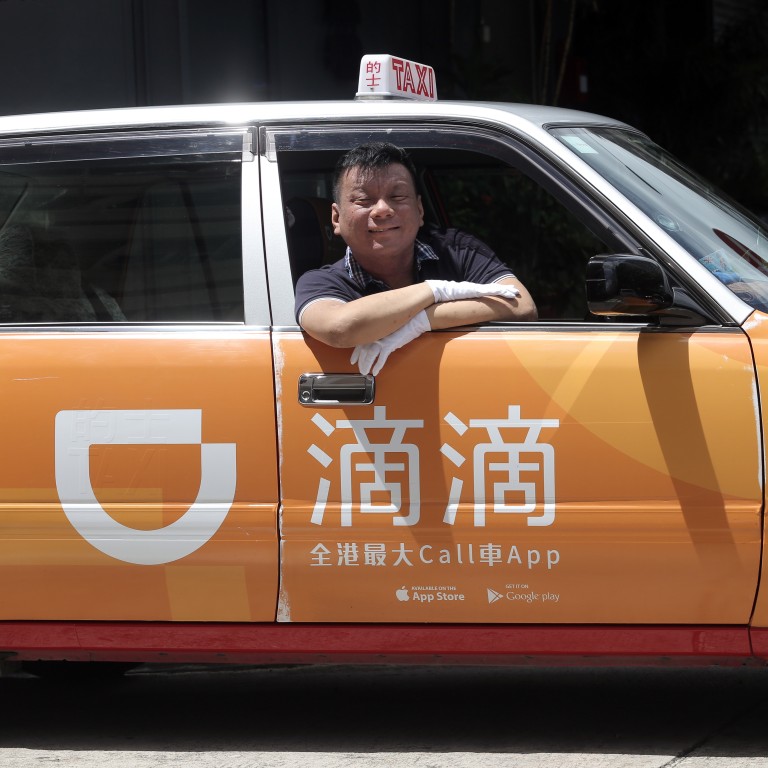This article originally appeared on
ABACUSUpdate: Includes reaction from Didi.
Uber and Lyft were rocked this week by drivers protesting for better wages and working conditions in the build-up to Uber’s IPO. The protests spread through two dozen cities around the world until Friday, when Uber finally started trading and raised
US$8.1 billion -- near the bottom of their predictions.
The protest didn’t go unnoticed in China, where Didi has ruled over ride-hailing since buying out Uber’s China business in 2016. While US gig workers have unsuccessfully
sued tech giants to be considered employees instead of contractors, there are signs China might be going in a different direction.
A separate Guangzhou-based ride-hailing service recently failed to convince a court that one of its drivers didn’t qualify as an employee. The company claimed that since no labor contract was signed and the driver could work as he pleased, he was not an employee. The court disagreed because the driver worked more than the legal minimum for part-time work.
As in other countries, China’s gig economy is facing scrutiny as workers fight for more rights. Except in China, the gig economy is massive, with as many as
70 million workers in 2018, according to data from China’s State Information Center. That’s more than a quarter of the US population.
Alibaba estimates it’s even larger at about 110 million workers with some form of part-time job. About
31 million of them work in ride-hailing.
The challenge for gig economy companies is a big one. Neither Uber nor Didi have yet to make a profit. While Didi is
still struggling to get rid of its subsidies, Uber’s total operating losses over the past three years amounted to more than US$10 billion.
As with other ride-hailing platforms, Didi has been facing periodic small-scale bursts of dissatisfaction for years. Other gig workers in China, especially food delivery drivers, have also organized strikes and sit-ins at companies like Meituan and Ele.me, according to China Labor Bulletin statistics.
The complaints are always the same: Low wages, lack of insurance, no labor contract.
Since 2017, China’s government has been
analyzing companies that operate through platforms like Didi. The issue was raised in 2018 at China’s Two Sessions, the country’s most important political event of the year.
In February, the Ministry of Human Resources and Social Security
called out local gig economy companies, including Didi, for not providing workers with insurance. It also announced new rules giving gig workers more legal protections.
China now has multiple small-scale trials for giving gig workers social insurance. At the same time, unions have been trying to incorporate gig workers into their organizations.
Didi also says it's been pitching in as well. The company told us that it established a drivers' service management system to help troubleshoot issues as well as a fund to assist drivers. Didi also says that it provides financial protection in case of accidents.
While China definitely has more sway over its tech giants and their labor practices than many other governments, it might have to take into consideration industry challenges. A report by the South China Morning Post showed that gig economy job growth from industries like ride-hailing, live streaming and delivery
isn’t keeping up with the millions of workers losing jobs in manufacturing.
For more insights into China tech, sign up for our tech newsletters, subscribe to our Inside China Tech podcast, and download the comprehensive 2019 China Internet Report. Also roam China Tech City, an award-winning interactive digital map at our sister site Abacus.


